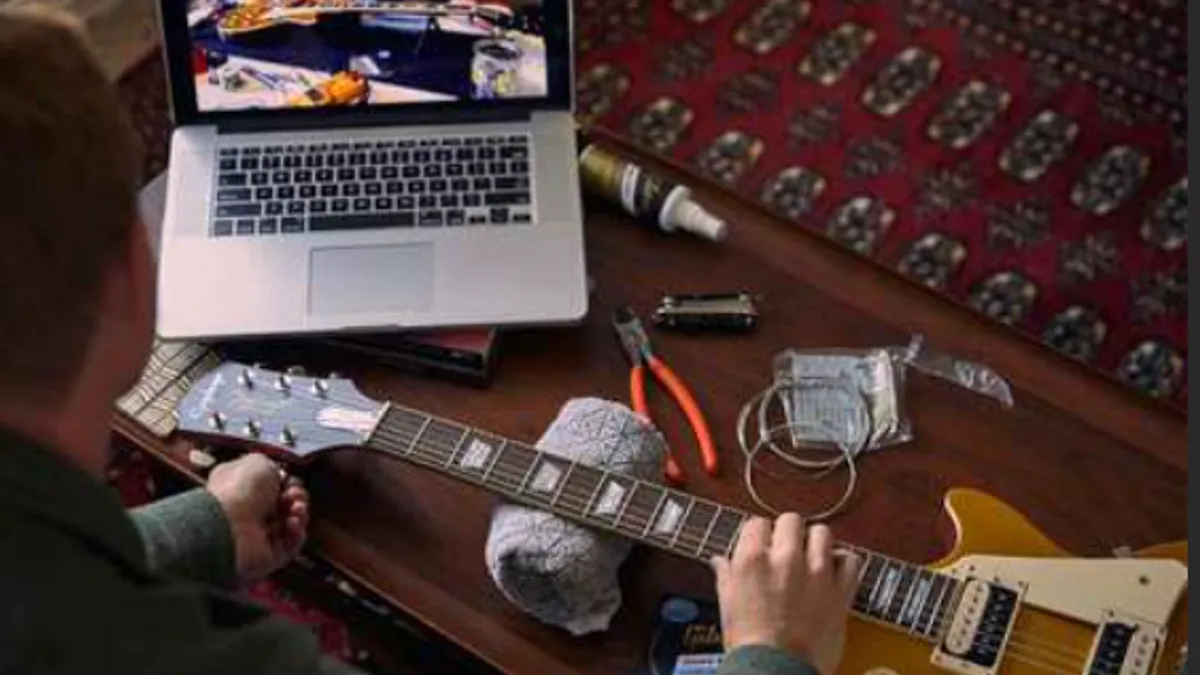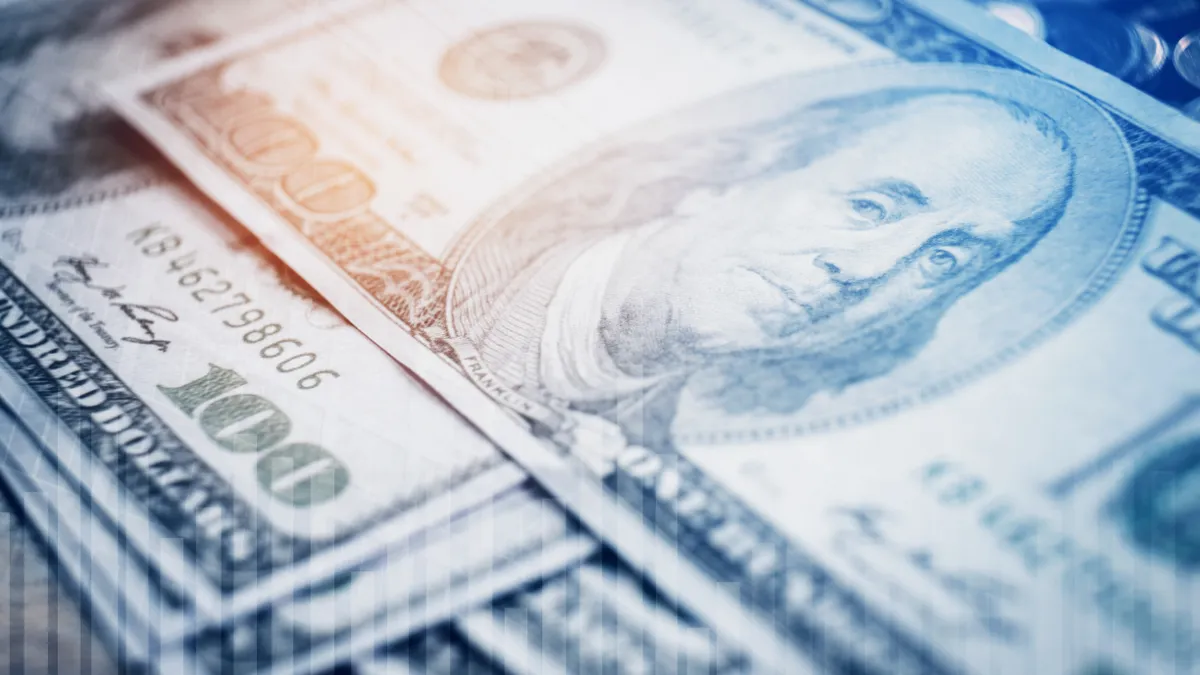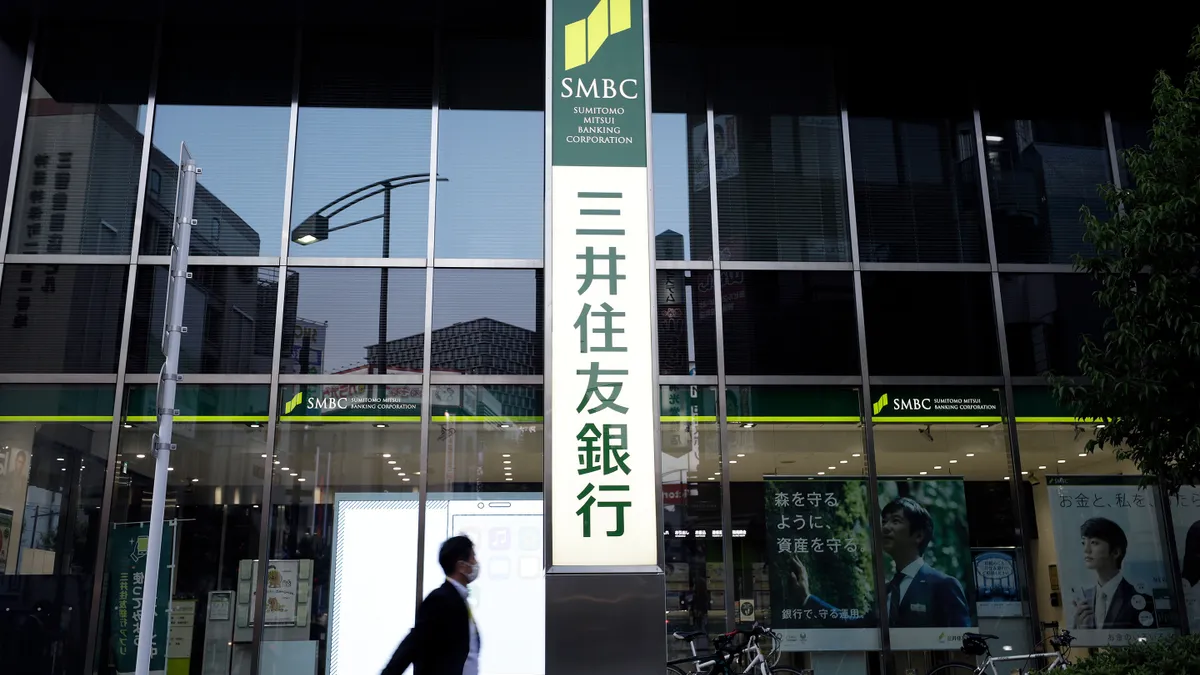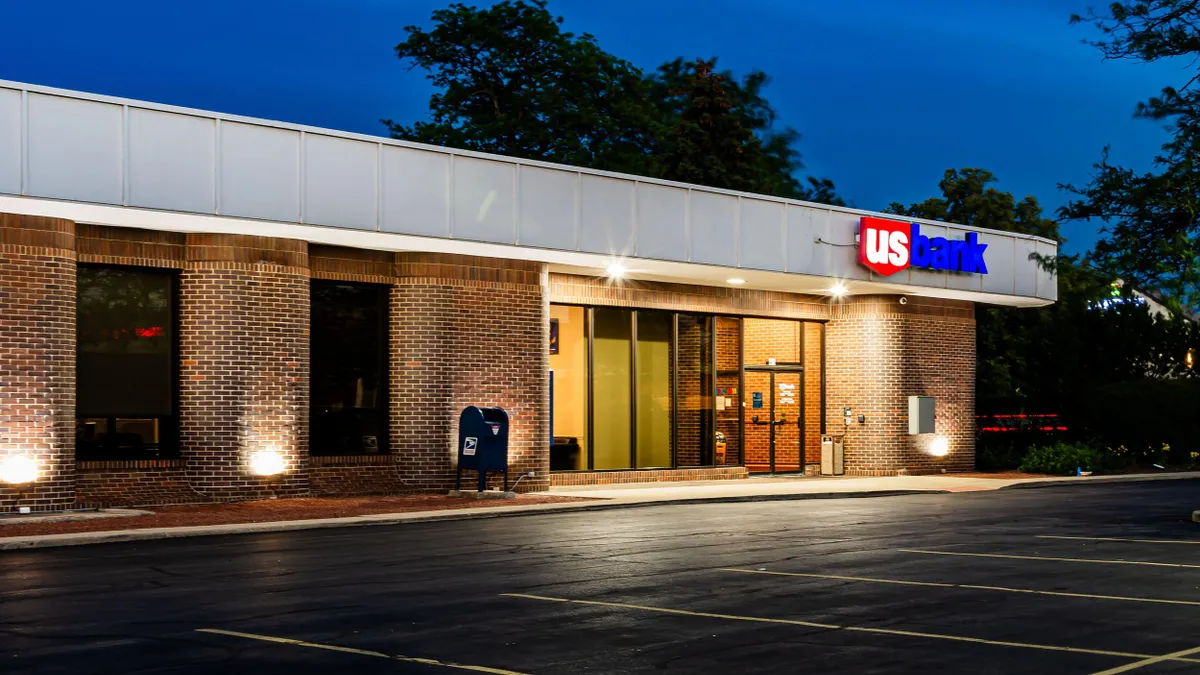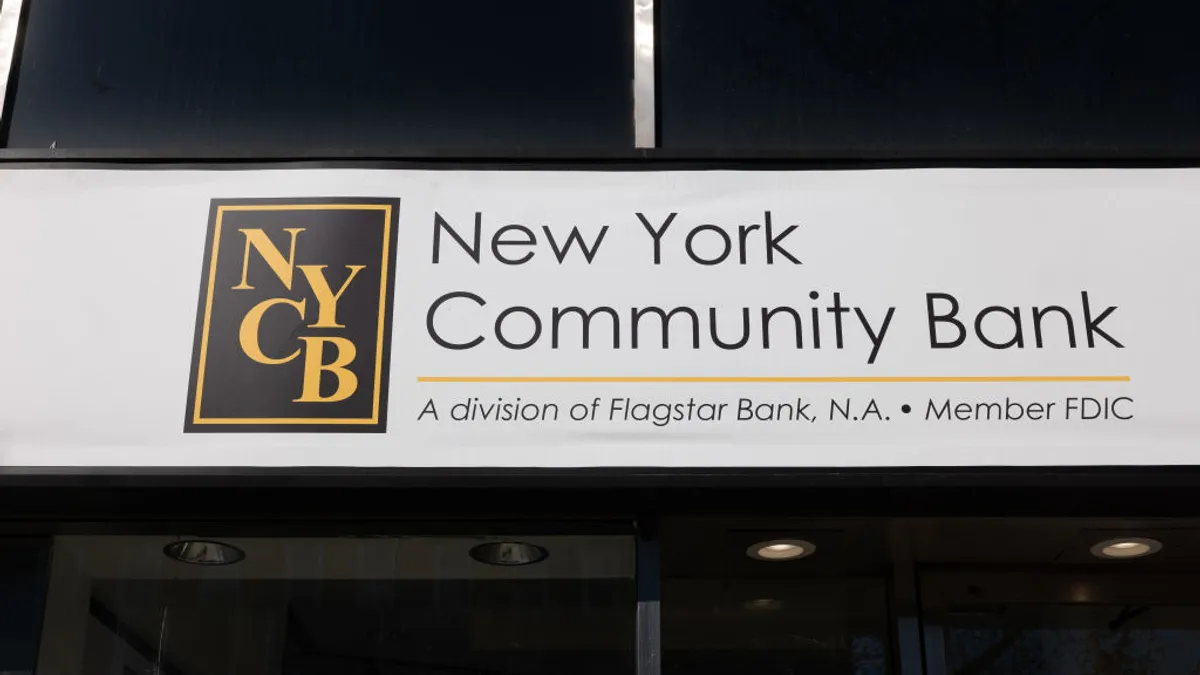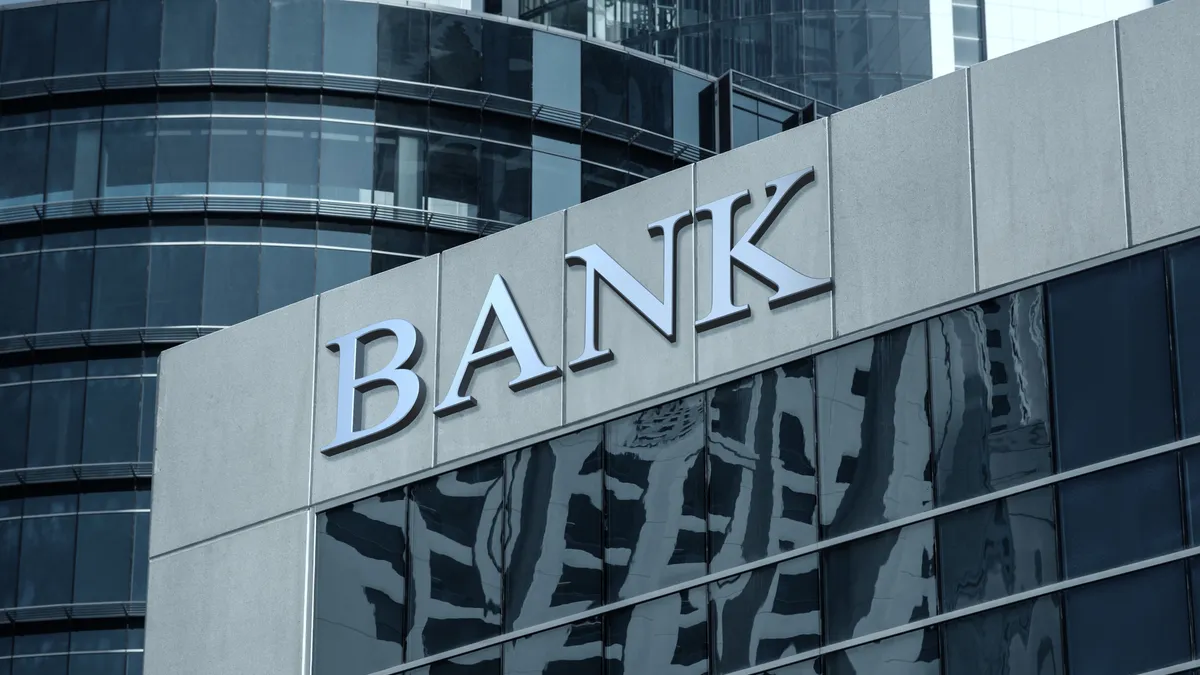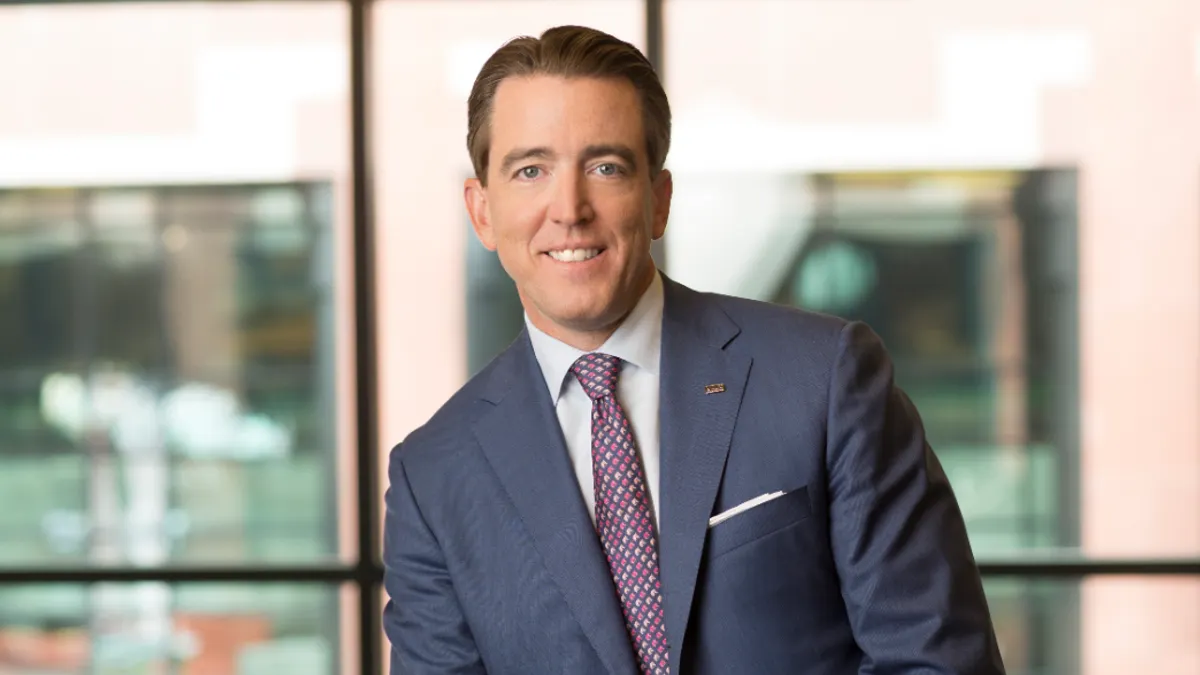Fintech veteran John Waupsh has always found a way to feed his passion for music. His latest venture, a neobank called Nerve, combines his expertise in fintech and his love of music into a banking service tailored toward musicians.
Waupsh, along with Ben Morrison, the effort's co-founder and chief technology officer, plan to launch Austin, Texas-based Nerve next month. The platform, which will onboard a waiting list of customers over the next several months, is partnering with Piermont Bank to offer Federal Deposit Insurance Corp. (FDIC)-insured business debit and savings accounts.
How it started
After an unsuccessful attempt to pay the bills as a DJ in college, Waupsh eventually turned his passion for music to rare recordings and started searching for music that had never before been released.
"I started collecting these acetates or reel-to-reels in the hopes that one day I might be able to kind of piece together these stories and give the musicians the ability to actually release this material and hopefully get them paid," he said.
Waupsh, who has spent 15 years at fintech service provider Kasasa, where he remains a strategic adviser, continued the hobby throughout his career in fintech, and eventually started the Preservation Project, a boutique label dedicated to releasing rare funk and soul music.
He soon realized the musicians he worked with needed access to a streaming service for audio and video content that paid more than other services.
That led to the creation of Nerve.fm, a streaming service Waupsh launched in beta in 2019.
While the platform was well-received by the artists, Waupsh said he began to notice an additional need in the space.
"While we were building it, we were constantly talking to artists," Waupsh said. "They'd say, 'This thing is really cool because it pays me more, but did you say you were in banking? Can you build me a bank?'"
Waupsh realized many musicians, struggling to access business banking accounts, often rely on their own personal checking accounts for their business deposits and expenses.
"That creates a number of challenges, from a data and tax reporting perspective," he said. "It means that whatever entity they're banking with, whether it's a large bank or credit union or neobank, that entity is missing out on a very important part of the story, because they don't necessarily have all the payments data they need to make a good decision on lending to that individual."
Musicians' tendency to commingle their finances and a lack of data can result in banks issuing higher rates on loans, Waupsh said.
While lending is still in the works for Nerve, Waupsh said his plan is to one day offer efficient and accurately priced auto loans and tour loans for the platform's customers.
Data aggregation
One of Nerve's features, designed specifically for musicians, is the ability for users to view their business data in one location, Waupsh said.
The platform allows musicians to track their number of followers and views on accounts like YouTube, Instagram and TikTok, as well as view their streaming data on Spotify.
"Users can access that data, which otherwise exists in a whole variety of other places, in a way that's secure and doesn't require the musician to give us their usernames and passwords," Waupsh said.
Artists can also connect with fellow musicians and pay them through the Nerve app.
"The features that we have are much more focused on a professional musician who actually makes money for their music, versus somebody who maybe runs a startup or has a business mowing lawns," said Waupsh, comparing Nerve to other neobanks that have launched in recent years targeting the startup, freelance or gig worker space. "These are people who identify as musicians first and foremost. They may have a design or freelance gig, but that's just the way that they pay some bills."
Waupsh said he hopes to offer the service to musicians around the globe, and plans to partner with banks outside the U.S. to expand Nerve's reach.
"We are very focused on the fact that musicians all around the world face these same challenges, and we'd love to be able to provide the same services to people in other countries," he said.
As Nerve looks to grow its U.S. reach, Waupsh said one its strategies is to partner with organizations that pay musicians, such as performance rights organizations, festivals and music venues.
"They all have payments costs when it comes to paying musicians," he said. "Maybe the musician wants to be paid through PayPal or Venmo. What we are doing is working with those providers to offer them a free payment solution for their artists who have Nerve accounts."
Waupsh said he has had early discussions with a number of such groups who have expressed interest in partnering with Nerve for payments.
"That would help that service organization because it would reduce their costs, and it helps us out from an account acquisition standpoint," Waupsh said.


